Mediamax’s exclusive interview with an Indian politician and former UN Under-Secretary General.
Shashi Tharoor is an Indian politician and a Member of Parliament. He previously served as the United Nations Under-Secretary General for Communications and Public Information and as the Minister of State for the Ministry of External Affairs.
He is also a prolific author, columnist, journalist and a human rights advocate.
Shashi Tharoor is an internationally known speaker on India’s recent transformation and future prospects, globalization, freedom of the press, human rights, literacy, Indian culture, and India’s present and potential influence in world politics.
Shashi Tharoor is also the award-winning author of twelve books, as well as hundreds of articles, op-eds and book reviews in a wide range of publications, including the New York Times, the Washington Post, the Los Angeles Times, the International Herald Tribune, Time, Newsweek and The Times of India. He has served for two years as a Contributing Editor and occasional columnist for Newsweek International.
- Pakistan has recently offered Azerbaijan to form a strategic alliance against Israel. What do you think, what the result of this possible alliance will be? Does it jeopardize peace in the region?
- Pakistan is a state struggling to come to terms with itself, as a militancy it had rashly nurtured against its neighbors has now turned against its own creator. It needs to do a great deal to overcome its own internal difficulties before it can be a useful ally to someone else.
- On February 2012, a seminar on “Nagorno-Karabakh and Kashmir: Two Nations Same Pain” was held in Pakistan. It’s not the first time that Pakistani officials state about similarities between Kashmir and Nagorno Karabakh conflicts.
- Each conflict has its own history. I see nothing in common between these two problems in either historical or geopolitical terms, let alone in their actual unfolding.
- You have worked as a peacekeeper and headed the team responsible for peacekeeping operations in former Yugoslavia until 1996. In 2008, Kosovo declared its independence and as of 17 February 2012, 88 UN states recognized the independence of Kosovo. Can Kosovo become a precedent for the resolution of the Nagorno-Karabakh conflict?
- Speaking personally (and not in any way in my former UN role) I am not in favor of partition and independence as a solution to such difficulties. India is a multi-ethnic, multi-religious, pluralist state and I believe that is a preferable model to the break-up of nations on narrow sectarian grounds.
- India voted against the UN General Assembly’s resolution “On the situation in Azerbaijan’s occupied territories”, initiated by Azerbaijan in March 2008. What developments were made in Azerbaijani-Indian relations after that?
- India attempts to maintain good relations with all countries. We did not think this particular resolution would serve a useful purpose. But we would wish to separate our basic relationship from the language of any specific resolution.
- There’s a big Armenian community in India. Is it active in the public life of India? Do you have Armenian friends?
- Yes, I had a number of Armenian friends when growing up in Calcutta (now Kolkata). I particularly remember Michael Carapiet and the naughtiest boy in my class, Peter Apcar (Apcarian). The Armenian community is popular and highly respected. They were terrific rugby players and the Armenian Club was strong in several sports. One Armenian elder I greatly admired was Sydney Helps, who was a Trustee of the Armenian Church and whom I later knew during one of my early UN postings in Singapore, where he was a pillar of the community. But though Armenians are active in social and community affairs, I am not aware of prominent Armenians in Indian public life.
Narine Daneghyan talked to Shashi Tharoor specially for Mediamax















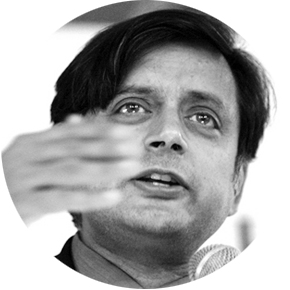

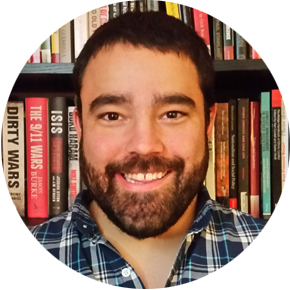
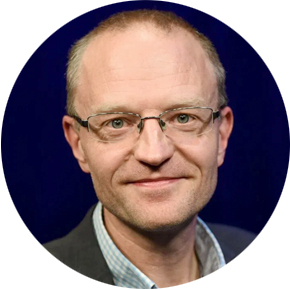
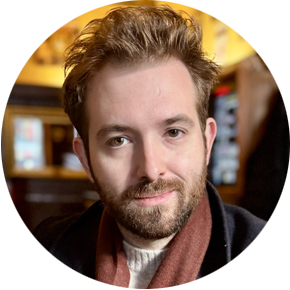


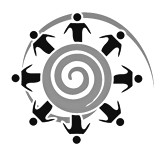





Comments
Dear visitors, You can place your opinion on the material using your Facebook account. Please, be polite and follow our simple rules: you are not allowed to make off - topic comments, place advertisements, use abusive and filthy language. The editorial staff reserves the right to moderate and delete comments in case of breach of the rules.